Programs
Our services include project design, monitoring and evaluation, capacity building and institutional development, project management and implementation and applied research within our priority areas.
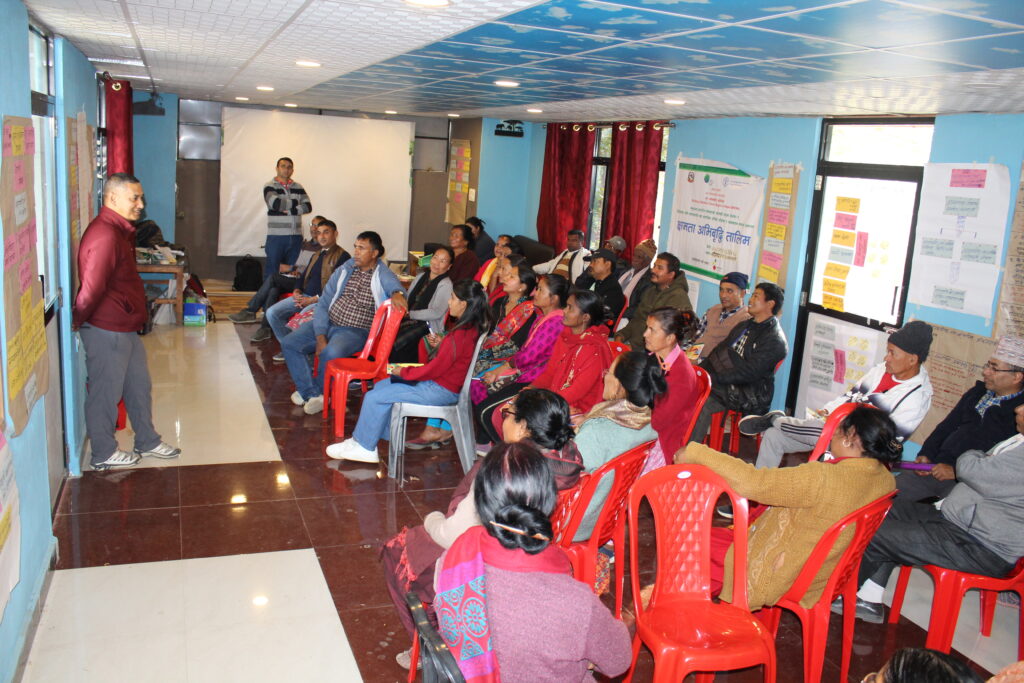
Environment and Climate Change
RN works with various institutions and organizations, governmental to non-governmental, field to national level to create conducive environment for vulnerable communities to be sensitized and to prepare adaptation plans to get supports (financial, institutional and technical). RN strategizes to increase the capacity of stakeholders, service providers and service right holders to mainstream climate change in regular development activities and utilizing existing district and local mechanisms for climate change adaptation planning and implementation.
Livelihood and Economic Development
RN follows a pro-poor and inclusive approach at enhancing livelihood opportunities of the rural communities by capacitating them to manage their own resources. RN encourages innovative approaches for income generation and sustainable mechanisms for ensuring their effectiveness.
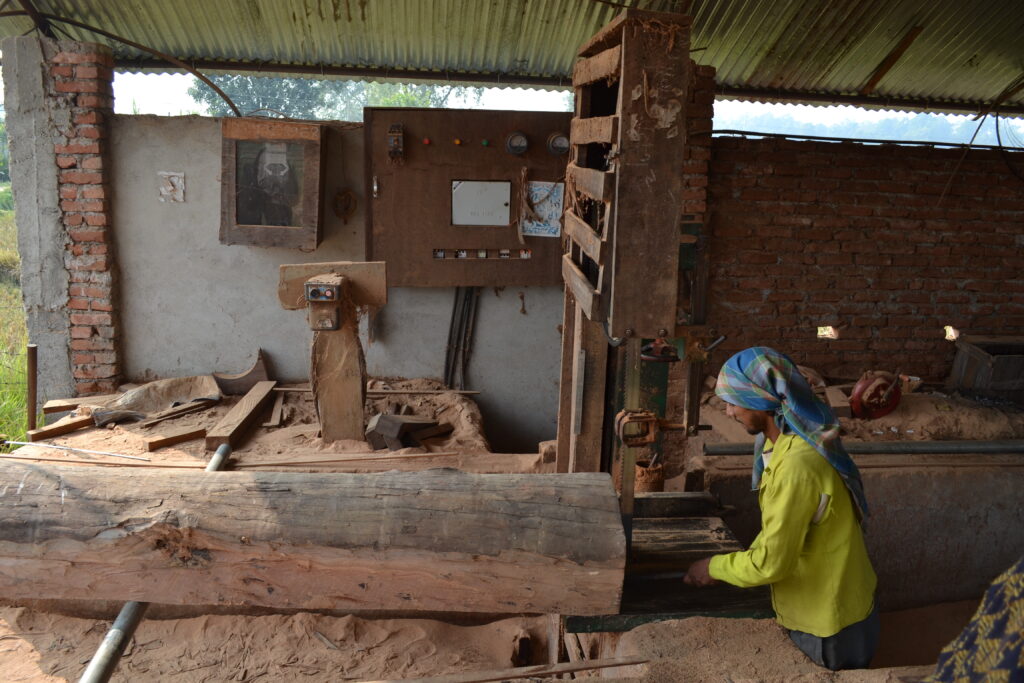
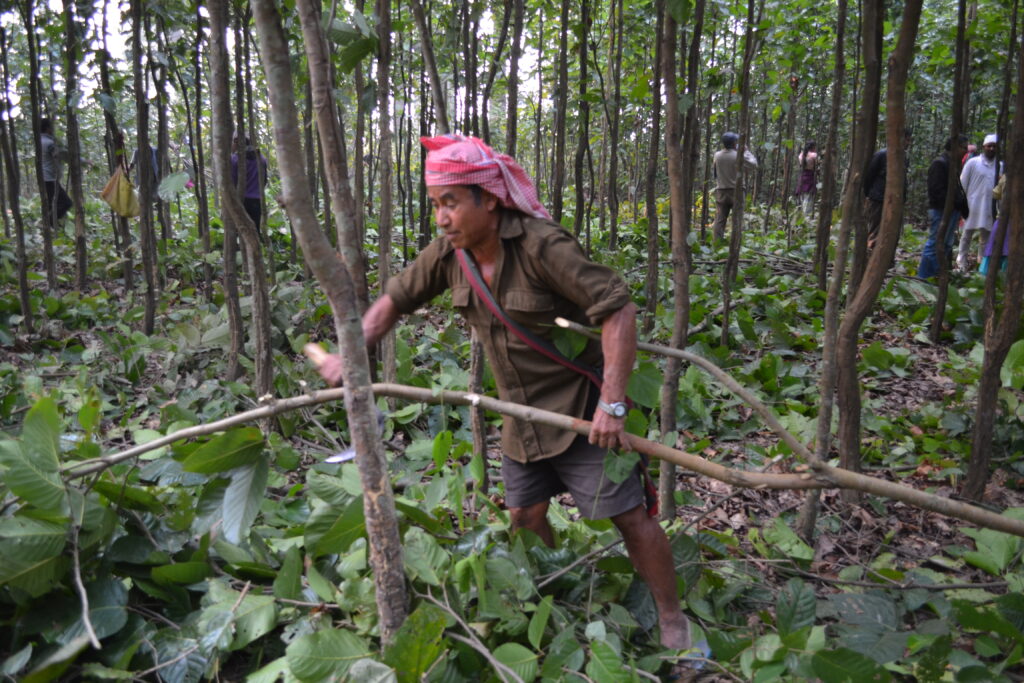
Forest Management
RN has been significantly contributing in community forestry and other participatory resource management across Nepal. RN values people’s participation in sustainable forest management and biodiversity conservation. Local capacity building for sustainable forest management, community engagement and active forest management are the major components of RN’s forest management services.
Project Management
RN has wealth of experience in all stages of the project cycle management, from design through implementation to monitoring and evaluation. RN works towards creating a sustainable impact at community level. RN has successfully managed diverse projects and programmes ranging from small pilot projects to large scale bi-lateral programmes, on a short and long term basis. RN is well equipped to manage diverse teams and multi stakeholder processes. RN values its partnership style of working.

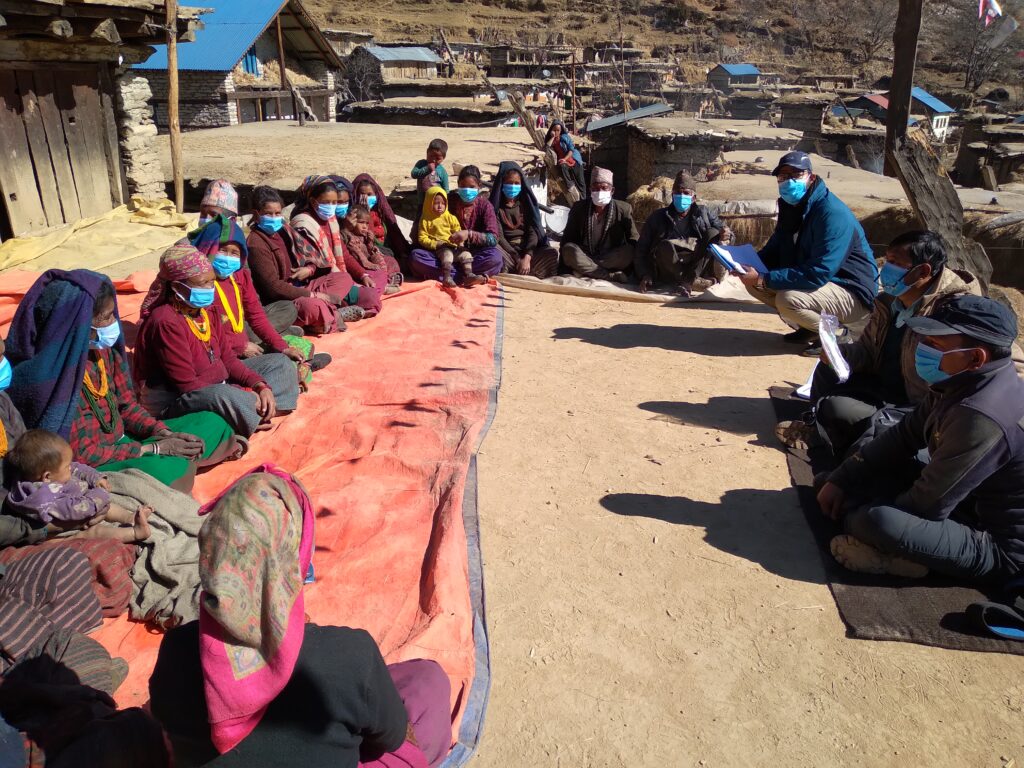
Monitoring and Evaluation and Communication
RN holds strong competence in undertaking periodic project/programme monitoring and evaluation (M&E) using various participatory M&E methods such as Self Monitoring, Joint Monitoring, Photo and Multimedia Monitoring, Independent Monitoring, Public Auditing, and Geographic Information System (GIS) and Global Positioning System (GPS) assisted landscape level spatial and temporal change detection. RN’s strength also include conducting baseline surveys and setting up project/programme M&E database, conducting mid-term and end line surveys, development of project/programme M&E tools [Project/Programme Log frame, Project/Programme Implementation Guideline (PIG), Detail Implementation Plan (DIP)], and conducting impact evaluations. Besides, over the years, RN has developed a sound documentation, publication and dissemination system that can be packaged as service for different clients.
Gender, Governance and Social Inclusion
RN is committed to address the issues of gender, caste/ethnicity, economy and geography based exclusions and discriminations. RN pursues both gender mainstreaming and pro-poor approaches throughout its work and within RN itself. RN has developed a highly regarded Pro-Poor and Social Inclusion Strategy and various capacity building packages from community to central level and has been playing an instrumental role in tackling these issues within the forestry sector in Nepal. RN understands that transparency and genuine participation of stakeholders can considerably increase ownership and accountability to overall development work. Thus, RN supports the multi stakeholder mechanisms and promotes participatory planning, implementation and monitoring and evaluation at community, district and national level.
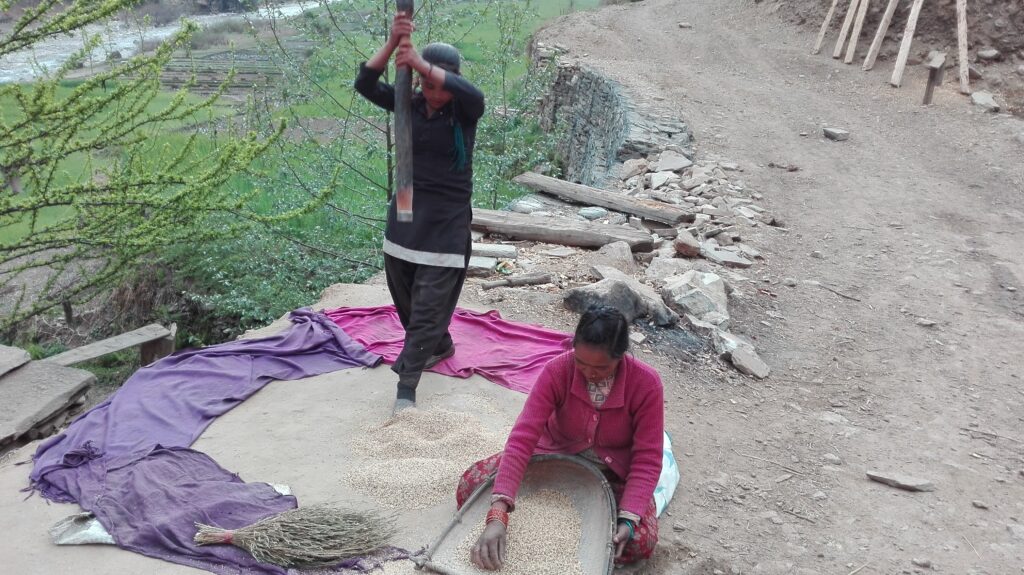
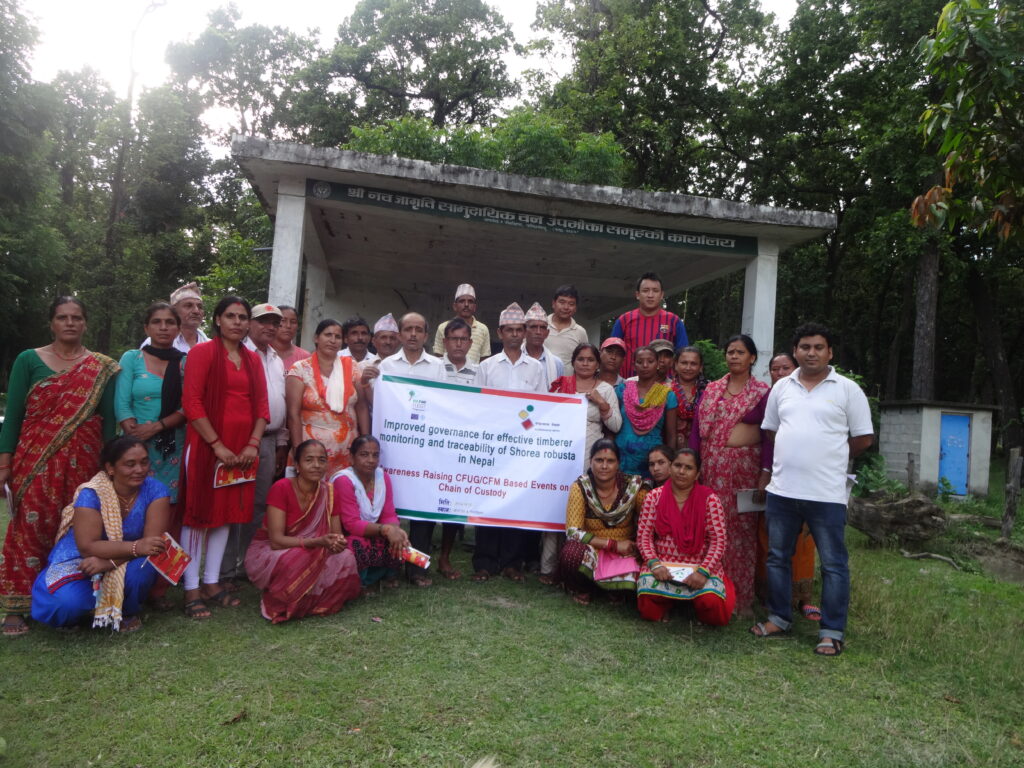
Policy Engagement and Reform
Through its piloting of innovative approaches and practical experience in the field, RN has supported policy formulation processes and reform in a number of areas such as Community Forestry, Public Land Management, Climate Change Adaptation, and formation of local level multi stakeholder mechanisms. Through a twin track approach of supporting policy implementation on the ground and advocating at national level, RN places itself as a lynchpin between policy makers and communities thus empowering communities to articulate their needs and influence policy processes.
